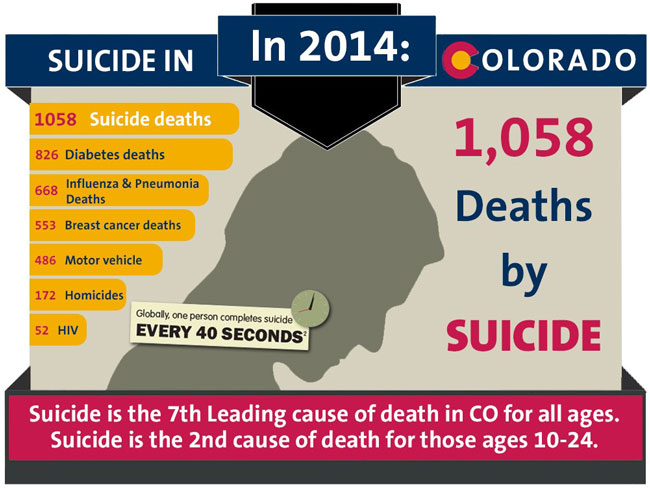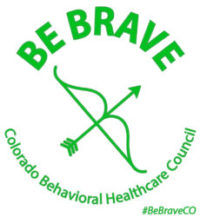
It is important to learn the warning signs of suicide. The following are some of the indicators that may mean a person is at risk for suicide:
- Talking about wanting to die
- Talking about feeling hopeless
- Talking about being a burden to others
- Withdrawing or becoming isolated
- Increased access to lethal means
- Behaving recklessly
- Increased use of drugs or alcohol
- Giving away prized possessions
Taking the time to learn these warning signs is the first step to assisting someone who is struggling. The next step is to reach out to that individual to let them know you care:
- Ask them if they are wanting to take their own life
- Listen without judgment
- Persuade them to get help
- Assist them in getting help
- Do not leave them alone
- If you are unable to get them into a safe place and you believe they will self harm call 911
Individually we can each make a difference by paying attention to the behavior of our loved ones, our friends, and our colleagues. We must be willing to reach out to individuals we have concern for and be comfortable asking them difficult questions. We need to not be afraid of letting someone know we care and are willing to help. Equally important, we need to be willing to ask for help when we are struggling ourselves.
With help comes hope. Each one of us has the power to bring that hope to another individual and, in the process, we might just save a life.
There are many resources available to us in our communities. Classes in Mental Health First Aid (MHFA) provide information about mental health issues. Suicide prevention “gatekeeper” trainings such as Question, Persuade, Refer (QPR) provide information on how to recognize the warning signs of a suicide crisis and how to refer someone to help. The National Suicide Prevention Hotline is always available (1-800-273-8255) with caring individuals available to talk.

What’s at stake in the fight for Medicaid, substance use treatment
By Frank Cornelia | June 12, 2025 When I was three, my mom packed me and my…

